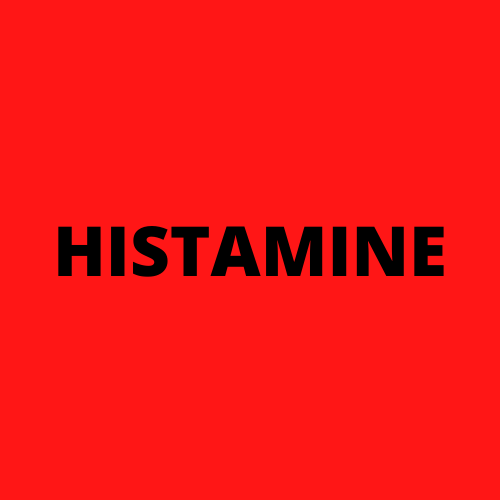SPINACH ALLERGY
Key Allergens
Spinach is associated with Latex Food Syndrome, chard and beetroot contain chitinase-like proteins which are linked to Latex allergy.
Alternaria alternata is a plant rot fungus which contains allergenic proteins which can cause allergic symptoms. It looks like dark brown or black spots on the leaves of the plant. It is most commonly associated with spinach. The most common associated symptoms from eating this mould is increased asthma symptoms or those usually linked to oral allergy syndrome, like itchy throat, lips and a cough.
Food Intolerances



Spinach is a food high in histamine, so is not suitable for people following a low histamine diet.
Spinach is a low FODMAP food. FODMAP stands for Fermentable oligosaccharides, disaccharides, monosaccharides and polyols. Foods high in FODMAPs can cause symptoms of food intolerance, affecting the gastro intestinal system and this can be mistaken for a true IgE food allergy.
Fresh spinach is a food high in salicylates, frozen spinach has less present. Salicylates have the potential to cause gastrointestinal food intolerance symptoms in people who are sensitive to salicylates.
You can read more about Food Intolerances on the dedicated Food Intolerance Page.
Associated Syndromes
Spinach has also been linked to Latex Food Syndrome.
Cross Reactivity
Other plants in the Amaranthaceae family of plants include chard, beetroot, quinoa and amaranth.
The proteins involved in Latex Food Syndrome are hevein and chitinase.
Chitinase is found in avocado, banana, chestnuts, mango, corn (maize), kiwi, papaya, pomegranate, tamarind, cashews and tomatoes. Chitinase allergens can also affect the airways and can be found in coffee, cockroaches and dust mites.
Hevein proteins are found in rubber trees (as a contact allergen) and in turnip (as a food allergen).
These food lists are not exhaustive, the most up to date information is on the Cross Reactivity Tool.
Resources
Websites
Allergen Encyclopedia - Spinach
Science Direct - Amaranthaceae
ATP Science - Salicylate Foods
Anaphylaxis Campaign - Vegetables
Articles and Journals
Plant Food Dyes with Antioxidant Properties and Allergies—Friend or Enemy? 2023
Recent Advances in the Allergic Cross-Reactivity between Fungi and Foods, 2022
Alternaria as an Inducer of Allergic Sensitization, 2021
Cross-Reactive Aeroallergens: Which Need to Cross Our Mind in Food Allergy Diagnosis? 2018
Cross-reactivity between aeroallergens and food allergens, 2015
Urticaria and angioedema to rubisco allergen in spinach and tomato, 2012
Description of a Novel Panallergen of Cross-Reactivity between Moulds and Foods, 2009
Occupational asthma due to allergy to spinach powder in a pasta factory, 2005
A case of latex fruit syndrome caused by spinach and eggplant , 2004
Crossed spinach-latex allergy revealed by exercise-induced anaphylaxis, 1999
Oral allergy syndrome induced by spinach, 1997
